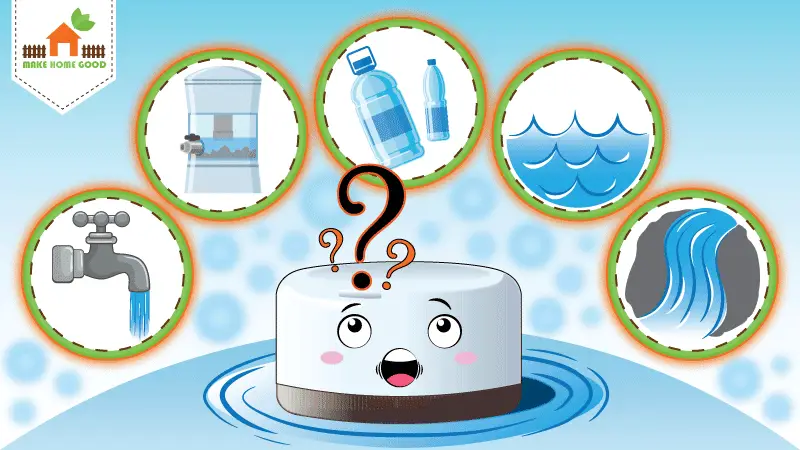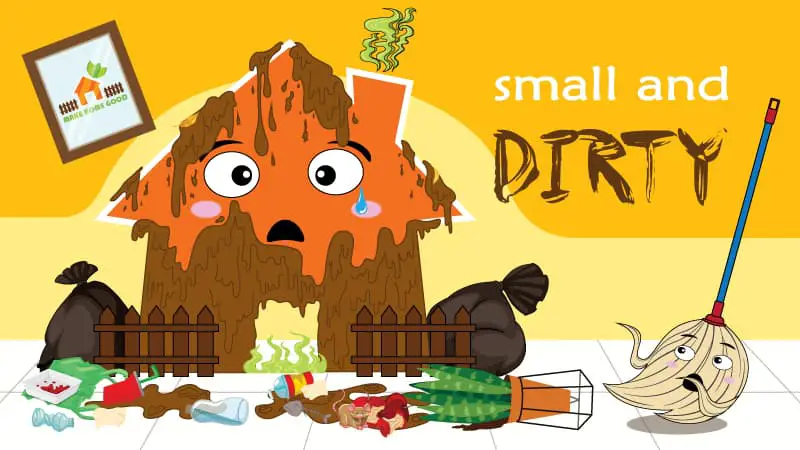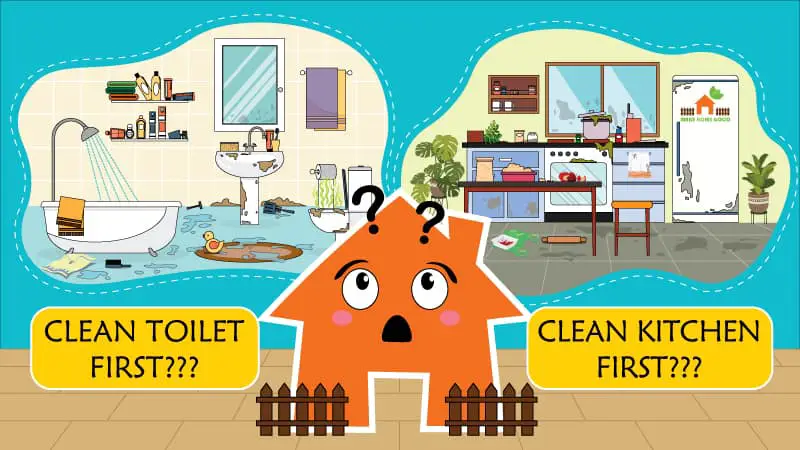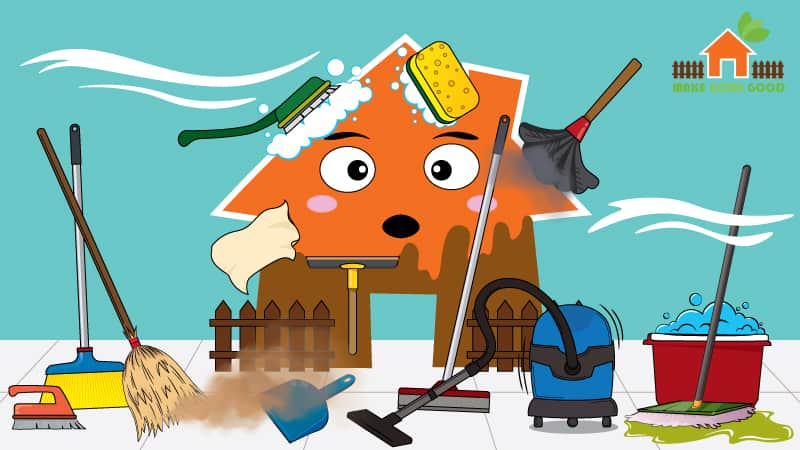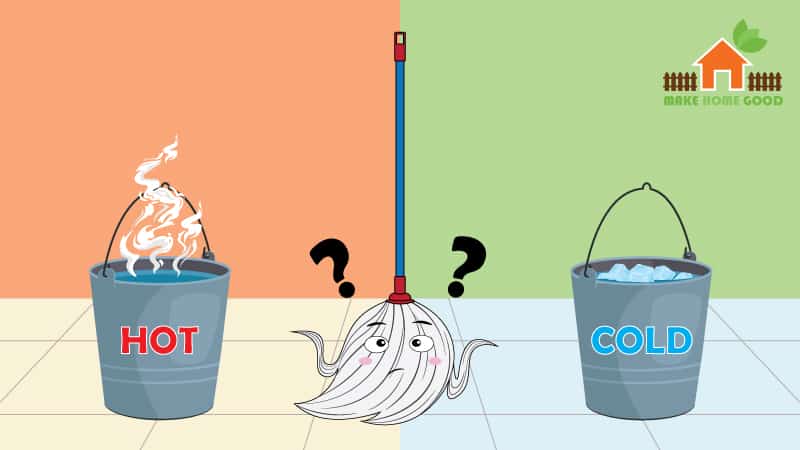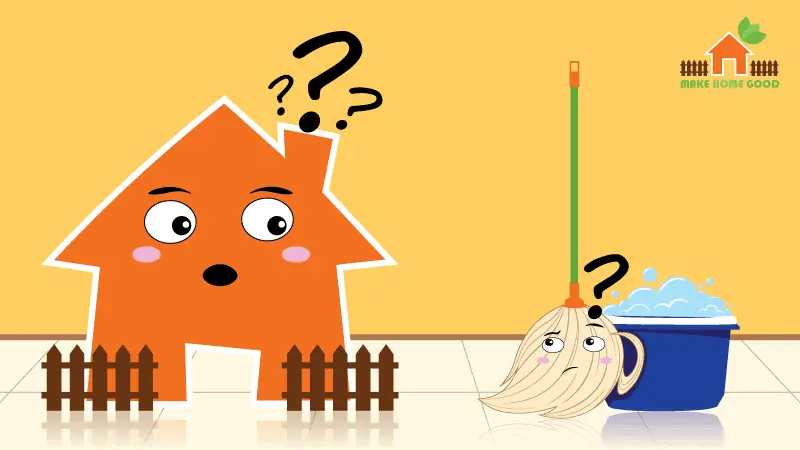When I initially start diffusing our essential oils, the first thing I do is figure out which water is best for my diffuser. I always double-check my diffuser’s handbook to make sure I’m using the right water for it.
Knowing what water to use in your diffuser is important because you want to get the most out of your essential oils while diffusing them.
So, what kind of water is best for diffuser? The best water to use are those that have high mineral content because it’s more effective in dispersing the essential oils than other types of water. Tap water, for example, contains a high concentration of natural minerals that can aid in the diffusion of essential oils.
However, the best water for your diffuser will always be determined by what the manufacturer recommends in their handbook.
Some of the diffuser created by the manufacturer are design to function with particular sorts of water or any type of water. Just be sure to check your diffuser’s handbook or give them a call if there aren’t any.
Table of contents
What happens when you use different kinds of water for your diffusers?
Using different types of water in your diffusers can have a variety of results in terms of vapor quality. Water with significant mineral content can boost scents and aromas, whereas water that is too soft causes the diffuser to create less vapor.
Furthermore, certain oils and essential oils may not function as effectively in too hard or too soft types of water.
According to a Healthline.com article, the difference between hard and soft water is defined by the quantity of calcium and magnesium present; a larger concentration of these and other minerals indicates that the water is harder.
The following table compares the most popular types of water that you may readily use for your diffusers.
| Distilled Water | Bottled Water | Spring Water | Salt Water | Filtered Water | |
|---|---|---|---|---|---|
| Is it hard or soft water? | Soft water | Soft water | Hard water | Hard water | Soft water |
| Can you use this to your diffuser? | You can use distilled water in your diffuser and remember that it has little to no impurities. | You can use bottled water in your diffuser because of its long shelf life and because there are few harmful contaminants. | You can use spring water to refill your diffuser because spring water has some health benefits, so it’s a good option if you’re looking to diffuse your oils. | You can use salt water for your diffuser because it can help to improve the scent and effectiveness of the diffuser. | It is safe to use filtered water for your diffuser. |
| Advantages | This is excellent for people who wants to inhale essential oils and are sensitive to water with lots of minerals. | Many people prefer the taste of bottled water over tap water, so having a diffuser filled with bottled water will give you the perfect blend of refreshment and aromatherapy. | One of the most important benefits is that it is high in minerals and vitamins, which can help to improve your health. | Salt water has a higher concentration of minerals and trace elements. | Contaminants have been removed that makes it safe for diffusing oils. |
| Disadvantages | With few minerals in distilled water, there may be few mist generated. | Bottled water are expensive especially if you’ll just use it for your diffuser. | It is expensive and spring water is high in minerals and trace elements which can also be irritating and cause skin problems. | Using salt water can be messy for your diffuser because of the residue. | Some essential minerals may be missing that can be beneficial for diffusing essential oils. |
Remember here is no one-size-fits-all answer. What works well for one person may not be the best choice for another.
That’s why it’s important to consult with a diffuser expert or manufacturer’s manual before using any of the recommendations above.
For those of you who are using a popular essential oil diffuser, you can see what type of water to use below.
What kind of water to use for Young Living diffuser?
When it comes to using water for Young Living diffusers, the best option is distilled water. As you know distilled water has been through a process that removes all of the contaminants and minerals from the water.
This means that it is safe to use for your Young Living diffusers and can provide optimal results.
I’ve also read some researchers are also suggesting that you can use spring water or tap water with your Young Living diffuser.
If you want to learn more, check out this article about water to use for your Young Living diffuser
What kind of water to use for the doTERRA diffuser?
There are many types of water that can be used in a diffuser, however tap water is typically considered to be the best option for Doterra diffusers, according to industry professionals.
The most important thing to consider is the quality of the water. You want to make sure that the water you’re using is clean and free from contaminants.
If you want to learn more, check out this article about water to use for your doTERRA diffuser
Note: The type of diffuser you have is the single most significant factor to consider. Some diffusers require distilled water, however others may be used with ordinary tap water without issue.
Should I put hot or cold water in my diffuser?
I wouldn’t suggest using hot water for your diffuser first and foremost, not only because you can get burned, but also because the combination of hot water temperature and the plastic of my diffuser is not something I want to happen.
I would use a lukewarm water instead of hot water if I want to try it on my diffuser.
Some researchers believe that when you combine hot and plastic together, the heat from the water can cause chemicals from the plastic to go to your water. I don’t want to inhale those while diffusing my essential oils.
So, when it comes to water temperature for a diffuser, there is no one right answer. Some people prefer warm water because it helps to relax the body and clear the mind, while others find cold water more refreshing.
Ultimately, what is most important is that you use a temperature that feels comfortable and suits your personal preferences.
Warm water, rather than cold water, generates higher and more mists in my experience, according to my observations.
This is due to the fact that cold water is heavier than warm water, which means it cannot generate as much mist as warm water.
You may also be interested to learn about how do diffusers make steam?
How much water to put in diffuser?
When it comes to determining how much water to put in your diffuser, you must first determine the reservoir line for your diffuser.
Good performance was obtained by filling the diffuser halfway through my target reservoir line.
I recommend this method.
As a practice, I never go beyond the reservoir line because it has no influence on the strength of the scent produced by my essential oils.
it is important to remember that the amount of water you put in will determine the scent and intensity of the mist.
For most diffuser owners, 1-2 cups of water should be enough to fill the reservoir and produce a good mist.
If you want a stronger scent, just drop more essential oils and put less water. If you want a weaker scent, use more water or less essential oils.

